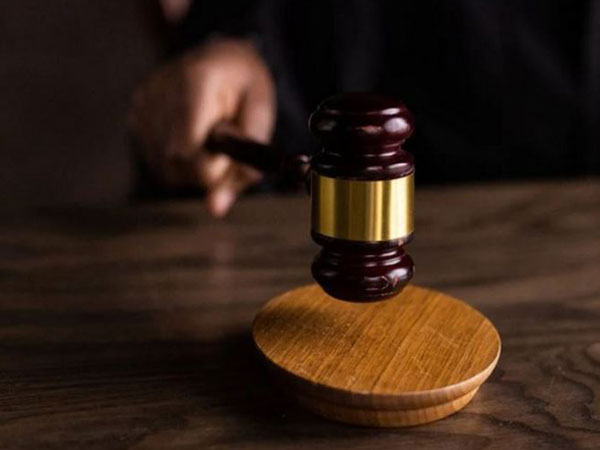Delhi HC Imposes Strict Conditions on DU Student Union Elections
The Delhi High Court has allowed Delhi University to continue with the student union elections but barred vote counting until all campaign materials are removed and public property is restored. The court criticized the university's lack of oversight and warned of deferring future polls if guidelines are not followed.

- Country:
- India
The Delhi High Court has permitted Delhi University (DU) to proceed with the Delhi University Students' Union (DUSU) elections under stringent conditions, Thursday. The university is barred from counting votes until it proves to the court that all election-related posters, hoardings, graffiti, and other materials have been removed and public property restored.
Justices Manmohan and Tushar Rao Gedela ordered that Electronic Voting Machines (EVMs) and ballot boxes be securely stored until further notice. The court strongly criticized DU for not supervising the adherence to election rules, labeling it a clear administrative failure.
The court expressed grave concerns about the flouting of rules by candidates, observing that the university lacked an internal mechanism to monitor compliance. Videos presented in court reinforced the need for immediate action. The judiciary mandated that the Vice-Chancellor take the matter seriously, warning that the polls could be annulled if issues persist.
The High Court has set the next hearing for October 21, 2024, issuing a stern warning about potential deferral of the DUSU polls if vandalism and defacement of public property continue. The university assured the court of steps being taken, including a recent circular to candidates about following the Lyngdoh Committee guidelines, which prohibit the misuse of funds and defacement of public property during elections.
The court's disapproval of the authorities' inaction was evident as it criticized their inability to enforce existing rules effectively. Advocate Prashant Manchanda's public interest litigation highlighted severe defacement issues, calling for stringent penalties on offending parties. The court agreed, stressing that civic agencies must impose heavy fines to deter such activities.
(With inputs from agencies.)









